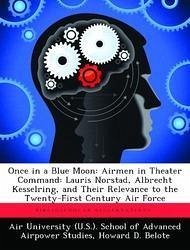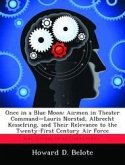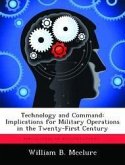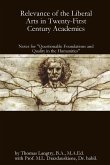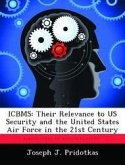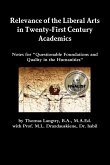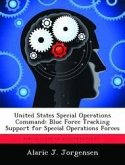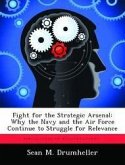In the 52-year history of the United States Air Force (USAF), only one airman has risen to serve as a regional commander in chief (CINC). In the same period, 74 soldiers, sailors, and Marines have filled CINC billets. To determine if, and perhaps how, airmen could become geographic CINCs in the near future, this paper examines the root of the issue through historical analysis and asks "what are the qualities necessary for airmen to perform effectively as war-fighting commanders in chief?"The study uses the careers of two early theater CINCs, Generals Dwight Eisenhower and Jacob Devers, to establish a baseline for analysis. Relying heavily on primary sources from the Air Force Historical Research Agency, it then conducts biographical case studies on General Lauris Norstad, the only USAF theater CINC, and German Field-Marshal Albrecht Kesselring, the only airman ever to command a theater during war. The paper also examines the present-day relevance of the issue through interviews with senior Defense Department officials and a review of contemporary literature on joint command. Every source consulted in this study concurred: to perform effectively as war-fighting commanders in chief, airmen-indeed, all officers-need comprehensive joint military proficiency; an incisive geostrategic-political-military vision; and strong, but nuanced and deft, skills in leadership and interpersonal relations.The paper concludes with a discussion of how airman CINCs could contribute to the national defense and of the cultural obstacles that work against Air Force officers in the CINC selection process. The interview subjects unanimously contended that would-be airman CINCs face a self-imposed burden: their career tracks focus almost exclusively on Air Force-specific jobs, with relatively little time in joint staff, unified/combined command staff, or civilian agency billets that provide the breadth and exposure vital to a CINC's joint understanding and political-military awareness.

